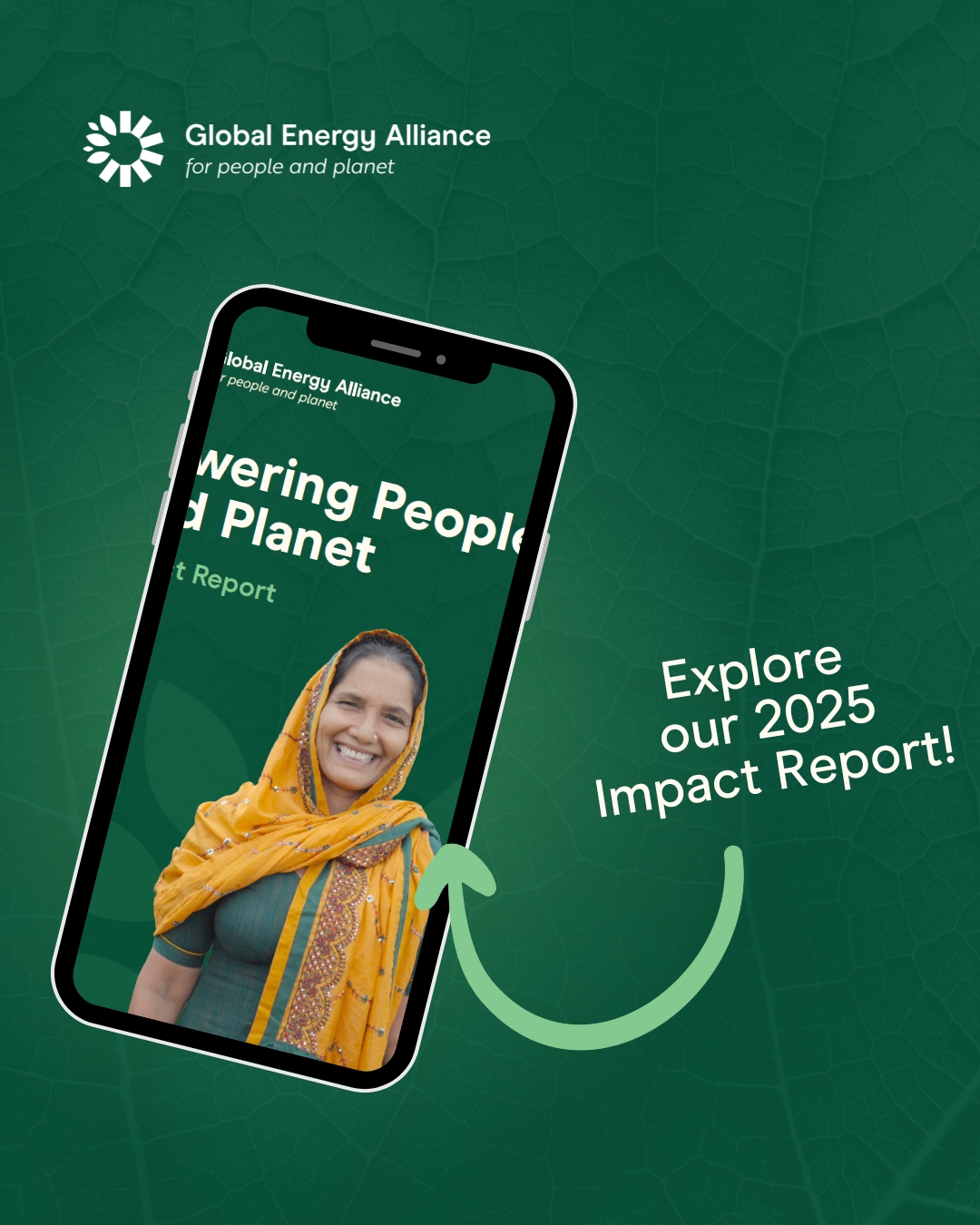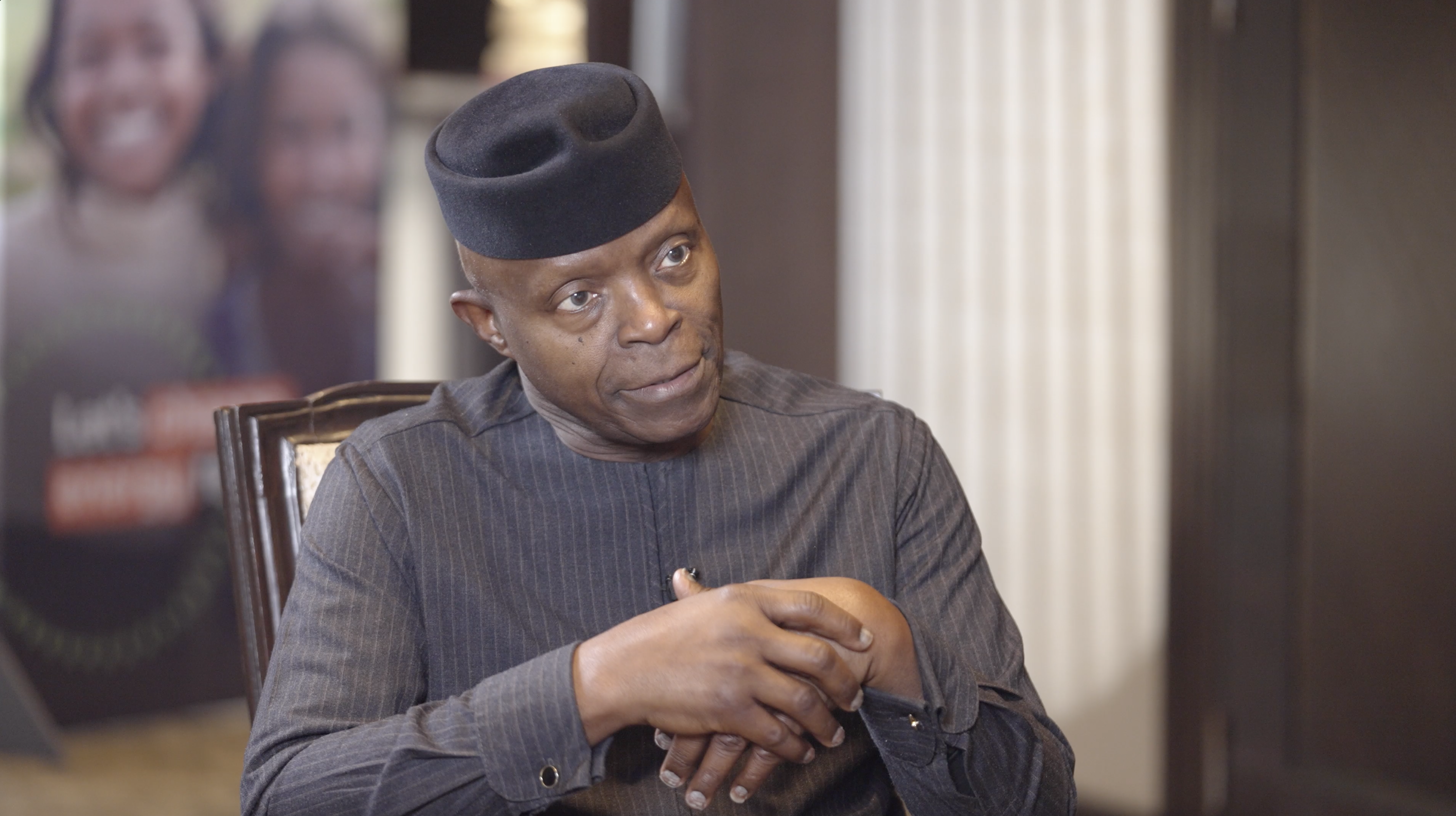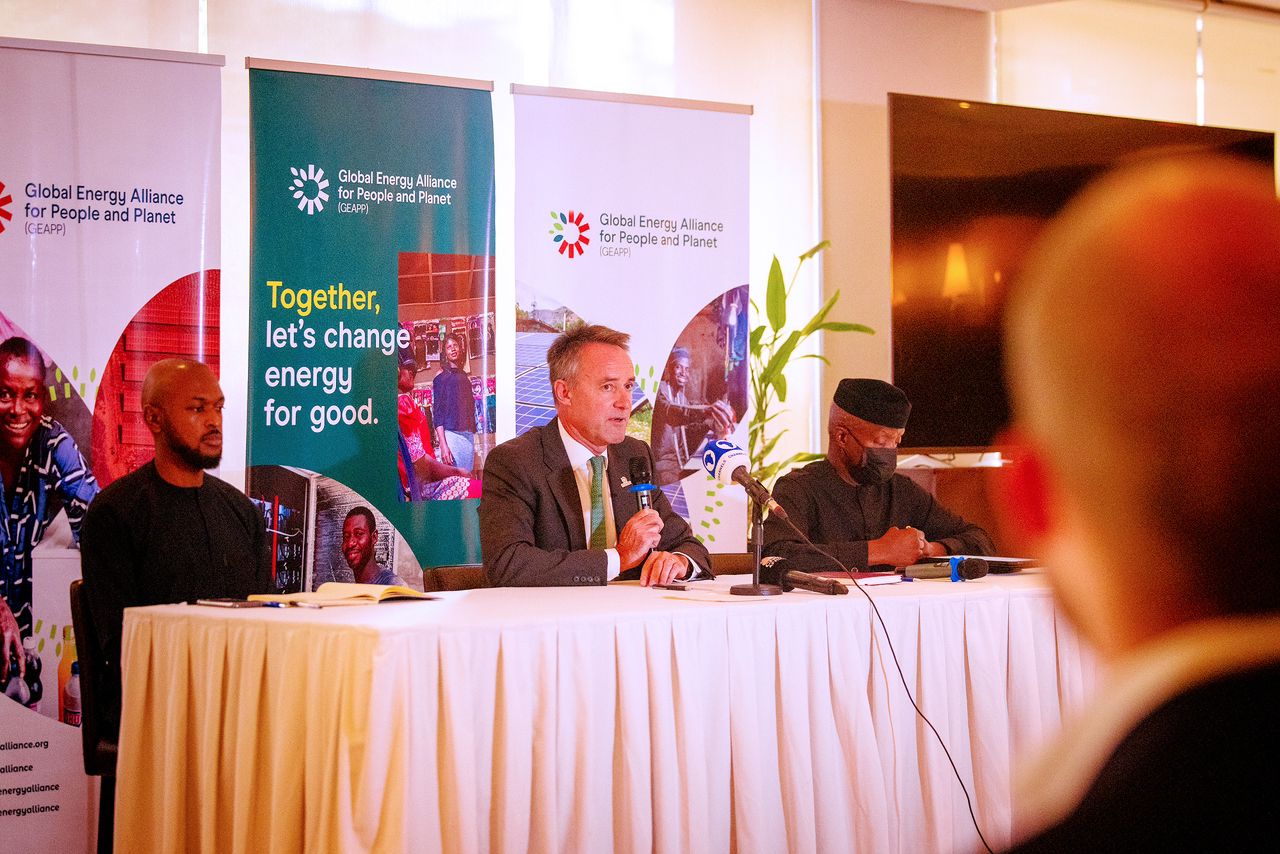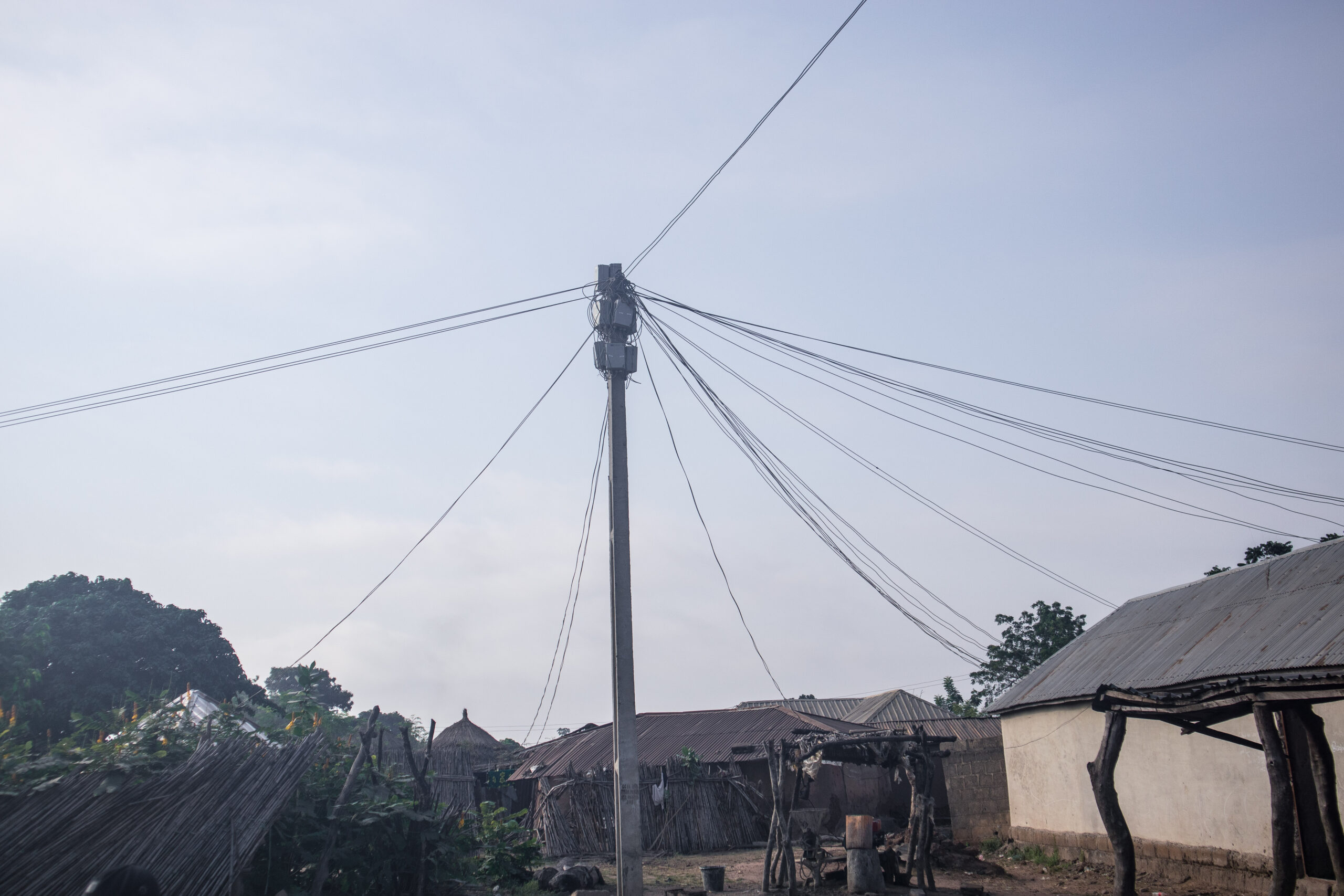Nigeria’s Vice President, H.E. Professor Yemi Osinbajo, Launches World-Class Integrated Energy Planning Tool

Nigeria’s new energy tool identifies the mix of technologies and spending required to achieve universal energy access
Abuja, Nigeria | 3 February 2022 – Today, the Federal Government of Nigeria launched the Nigeria Integrated Energy Planning Tool in collaboration with Sustainable Energy for All (SEforALL), with support from the Global Energy Alliance for People and Planet (GEAPP) and funding from The Rockefeller Foundation. The new data-driven, interactive platform will support the country’s ambition of achieving SDG7 – universal energy access – by 2030, contribute towards the country’s recently announced commitment to net-zero emissions by 2060, as well as support its development priorities.
The geospatial platform provides low-cost, dynamic and data-driven intelligence for a range of stakeholders, including the Government and private sector, to identify the mix of technologies and spending required to achieve universal energy access.
“Establishing clean, sustainable, and reliable energy access is intertwined with so many of Nigeria’s development goals. We have proven that transforming our energy system is a national priority through our Economic Sustainability Plan, and most recently, with our announcement at COP26 in Glasgow to achieve net zero emissions by 2060. The Nigeria Integrated Energy Planning Tool offers critical data and analysis that will assist us in achieving our universal access targets for both electrification and clean cooking,” said H.E. Professor Yemi Osinbajo, SAN, the Vice President of Nigeria, at the launch event.
The Vice President reiterated the urgent need to lift 100 million people out of poverty and drive economic growth, as well as manage long-term job losses in the oil sector that will result from global decarbonization, calling on the international community to support Nigeria’s energy access and energy transition efforts through much-needed climate finance commitments.
The Nigeria Integrated Energy Planning Tool, powered by extensive geospatial modeling and layers of data, is the first truly integrated energy planning platform that incorporates the requirements for universal residential electrification, institutional electrification, powering of productive uses, and access to clean cooking. The Tool promotes a holistic approach to achieving SDG7 and energy development while also supporting local manufacturing, expanding local solar technology value chains, and potentially creating 250,000 new jobs in Nigeria’s energy sector.
Also speaking at the event, UN Deputy Secretary-General, Amina J. Mohammed
commended the Federal Government of Nigeria for its bold vision in closing its energy access gaps and for its ambitious Energy Transition Plan that outlines a pathway to net zero by 2060.
“Without prioritizing universal energy access, including clean cooking, we will not achieve our global net zero targets. Energy is also critical to achieving multiple Sustainable Development Goals, including improved healthcare, better jobs and livelihoods, and greater gender equality”, said Ms. Mohammed.
For Nigeria to achieve universal access by 2030, the Tool estimates that 19.3 million additional connections will be required across the country, exclusive of 11.3 million additional grid densification connections from population growth in settlements that currently have access to electricity. Mini-grids represent the least-cost technology for the bulk of these connections. With productive use demand from agricultural activities included in the analysis, the number of mini-grids increases by 200,000. In addition, the Tool also estimates that the potential for clean cooking solutions is 3.7 million households for LPG, 3.5 million for e-cooking, and 4.3 million for biogas.
“Nigeria is leading the charge with their ambitious commitment to achieve net zero by 2060. The Nigeria Integrated Energy Planning Tool is an exemplar of a world-class energy plan that identifies the least-cost mix of solutions to meet demand for a variety of energy services, including electrification, clean cooking, productive uses, and also models a variety of scenarios to deliver these solutions,” says Damilola Ogunbiyi, CEO and Special Representative to the UN Secretary-General (SRSG) for Sustainable Energy for All. “I believe access to accurate and transparent data is critical to decision-making. I hope this demonstrates to other countries an invaluable tool for achieving their own energy access goals”.
The Tool also highlights the funding and investment that would be required to roll out electrification and clean cooking solutions. The least-cost plan for providing universal electrification through grid, mini-grid and solar home systems is estimated to be USD 25.8 billion. For clean cooking solutions, it is estimated to be USD 478 million for LPG, USD 83 million for e-cooking, and USD 847 million for biogas. The cost of these technologies is split between stoves, accessories, and the infrastructure required to deliver fuel or electricity.
“As the world strives to turn the commitments from COP26 into action, we are proud to partner with the Government of Nigeria and SEforALL to help communities connect and transition to quality renewable energy. The Nigeria Integrated Energy Planning Tool is transformative in its approach to integrated electrification. Not only will it advance our efforts to empower millions of people in Nigeria, it will also provide a model for clean electrification programs, showing the world how to change energy for good,” said Dr. Rajiv J. Shah, President of The Rockefeller Foundation.
The global launch event also included remarks from Abubakar Aliyu, Honorable Minister for Power, Nigeria; Goddy Jedy Agba, Honorable Minister of State for Power, Nigeria; Sharon Ikeazor, Honorable Minister of State for Environment, Nigeria; Ahmad Salihijo, Managing Director, Rural Electrification Agency, Nigeria; and Riccardo Puliti, Vice President for Infrastructure, World Bank. The event was attended by a large virtual global audience who witnessed a demonstration of the Tool.
The tool can be accessed at nigeria-iep.sdg7energyplanning.org.
Damilola Ogunbiyi, CEO and Special Representative to the UN Secretary-General (SRSG) for Sustainable Energy for All, will be on mission to Nigeria from 4 to 8 February to participate in high-level meetings with the Federal Government and other key stakeholders to further promote the new Integrated Energy Planning Tool and advance initiatives in support of the country’s energy access goals and implementation of Nigeria’s Energy Transition Plan.



